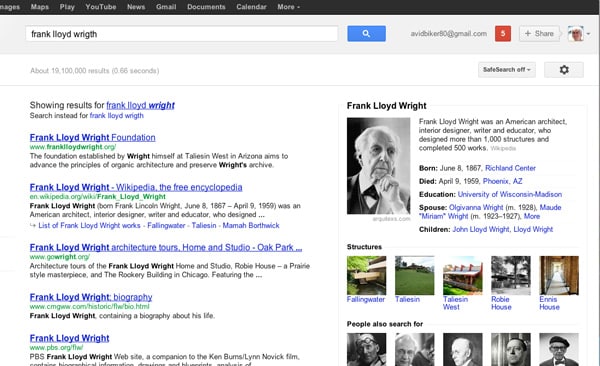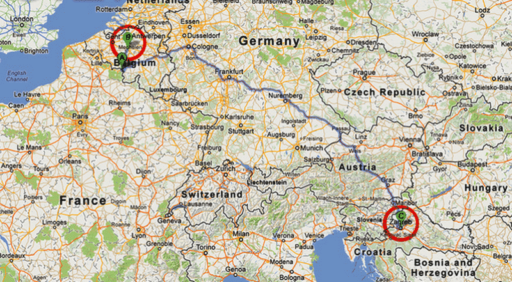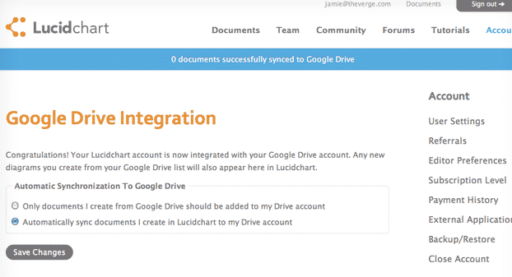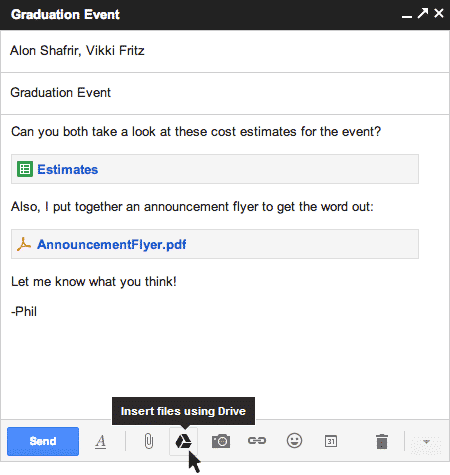Google has long talked about furnishing actual semantic data to user’s queries right in the search results. And now, the search engine is finally introducing just such a feature with its Knowledge Graph. In what is being touted as a ‘database of everything in the world’, users get to receive direct information in the right-hand column on their Google search results page.
Users of English version of Google will be the first one to receive Knowledge Graph, which is probably going to happen within the next few days. This is how Knowledge Graph works. When you search for a query, Google displays normal search results but in the right-hand column, it also display direct information about that query.
This will essentially help the users be able to directly receive facts and answers when they are looking for them on Google. It will save time and let the search become more accurate. According to product management director at Google, Jack Menzel, “We would like to be able to model everything. Anything to get you to the information that solves your task as fast as we can. We want to guide you through your query a bit like a map.”
For instance, if you are searching about a famous person, Google will display information from Wikileaks directly in the right-hand column and possibly, other information too. Google sure has done a lot of work to roll out this feature. It has a new database which comprises of 500 million people, places and things – this data is further defined by 3.5 billion connections and attributes.
Some concerns have been raised that this new feature may result in more people hooked up to Google’s home page and less people navigating off to actual websites in search results, thus reducing the traffic on these websites. However, Menzel disagrees, “We found that by doing better information summaries, the vast majority of the time, people don’t just get facts and walk away. Actually, it entices them to go a little deeper. And now they have the time for it, since their research was faster.”
Interestingly, Google is not saying that this new feature will be providing semantic results. Rather, Knowledge Graph seems to be something different altogether. In the past, a number of web searches aimed at semantic results have failed. Perhaps Google picked a lesson from that and decided to change its strategy.
Source: CNET
[ttjad keyword=”cloud-storage-drive”]




